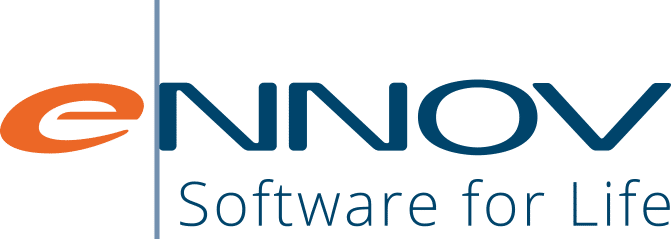Small and mid-sized life sciences companies face big hurdles. They must follow strict regulations, meet rigorous quality standards, and adapt to rapidly changing digital technologies – all with limited resources compared to industry giants. Legacy Quality Management Systems (QMS) often struggle to keep pace with these demands, leading to inefficiencies and compliance risks. Embracing next-generation electronic Quality Management Systems (eQMS) is no longer just an option; it’s a strategic necessity for future-proofing your business.
Want the full scoop? Check out our White Paper on this topic: Future-Proofing Quality Management: A Guide for SMBs in Life Sciences.
Why Transition to a Next-Gen eQMS?
1. Scalability and Flexibility
Next-gen eQMS solutions are designed to grow with your business. They feature flexible architectures that expand in functionality and capacity as your company evolves, ensuring you can maintain operational efficiency and compliance at every stage of growth.
2. Data-Driven Insights
While traditional QMS may collect extensive data, they often lack the advanced tools needed for effective analysis. Modern eQMS systems utilize sophisticated AI analytics to convert data into actionable insights, enhancing decision-making and operational efficiency. With predictive analytics and real-time monitoring, these systems can preemptively address issues and capitalize on opportunities.
3. Seamless Integration
Current QMS systems frequently fail to integrate seamlessly with other enterprise systems, creating information silos that impede operational efficiency. A next-gen eQMS facilitates robust data flow across various platforms—from manufacturing to supply chain and regulatory reporting—supporting the evolving needs of pharmaceutical companies.
4. Enhanced Compliance Management
The pharmaceutical industry faces intense regulatory scrutiny. Traditional systems, which often require manual updates, struggle to keep pace. In contrast, a next-gen eQMS offers dynamic compliance capabilities that adapt quickly to regulatory changes, maintaining compliance without compromising speed.
5. Proactive Compliance and Accountability
Proactive compliance in an eQMS simplifies adherence to regulations by automating and centralizing the compliance process. With features like automated compliance updates and straightforward alert systems, eQMS helps SMBs stay current with minimal effort. Additionally, these systems ensure all discrepancies and changes within the quality management process are meticulously tracked to resolution, supporting regulatory compliance with clear audit trails and change records.
Driving Continuous Improvement and Collaboration
Modern eQMS solutions are not just about managing quality; they’re about enhancing it. By integrating continuous feedback and real-world data, these systems support proactive quality management, anticipating and preventing issues before they arise. They also foster a culture of continuous improvement, which is essential for maintaining a competitive edge and ensuring patient safety.
Collaborative tools within next-gen eQMS facilitate effective problem-solving and information sharing among team members. This attribute is particularly valuable for SMBs with leaner teams, as it promotes efficiency and optimizes resource use, accelerating decision-making processes.
Ready to Transition?
Embracing a next-generation eQMS is crucial for maintaining a competitive edge in the regulatory-intensive Life Sciences industry. These systems offer the integrated, intelligent support needed to handle complex operations, ensure compliance, and maximize data utilization. Contact us to get started.
Discover the full potential of next-gen eQMS and how it can future-proof your quality management processes. Visit the Ennov Insider for the full white paper: Future-Proofing Quality Management: A Guide for SMBs in Life Sciences.


